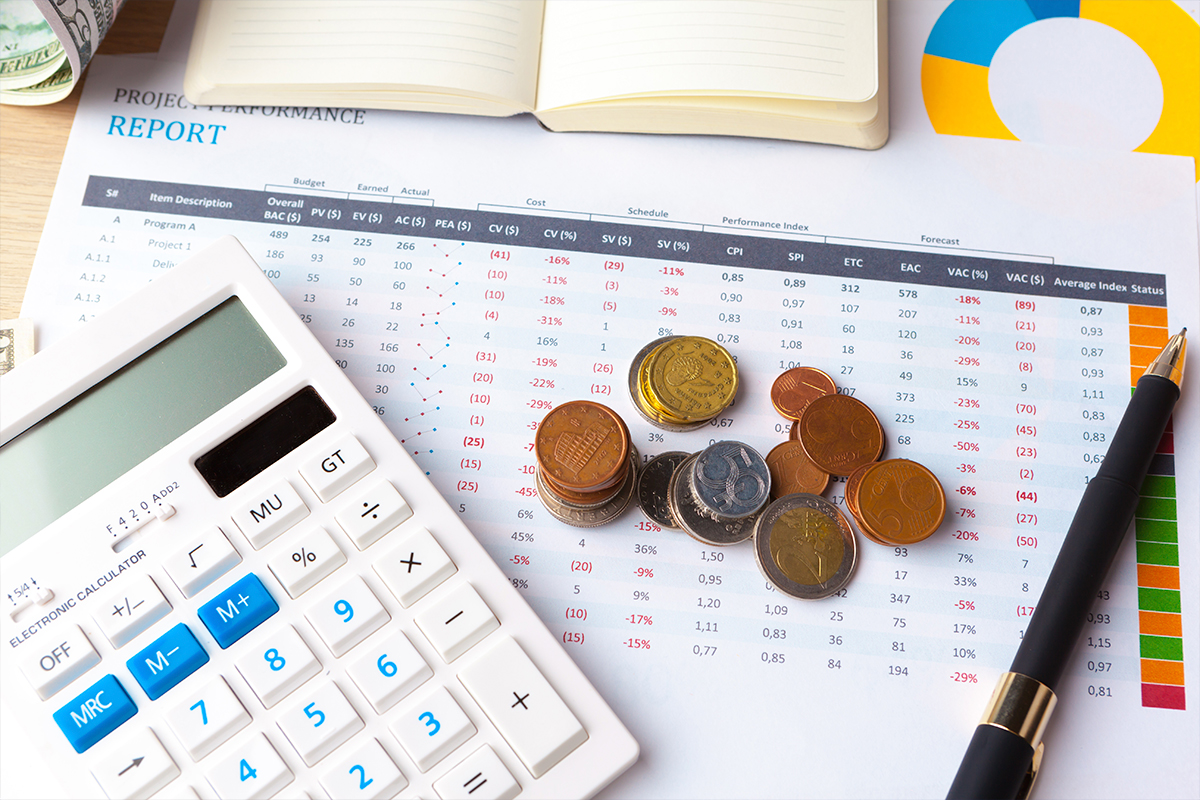How to Use Credit Cards Responsibly
Using credit cards can be a valuable financial tool when handled responsibly. However, if not used correctly, they can lead to significant debt and financial problems. Learning to use credit cards responsibly is crucial for maintaining solid financial health and avoiding the pitfalls of debt.
First, it’s important to understand that credit cards are not an extension of your income. It is borrowed money that you need to repay with interest if you don’t pay the full balance each month. To use credit cards responsibly, it’s crucial to only spend what you can afford to pay off at the end of the month. This avoids accumulating interest and additional fees, which can cause debt to grow quickly.
Additionally, it is always advisable to pay the full credit card balance each month. By doing this, you avoid paying interest and keep your debt under control. If you can’t pay the full balance, try to pay more than the minimum required to reduce the balance as quickly as possible. This not only reduces the amount of interest you pay but also improves your credit score, as it demonstrates that you are managing your credit responsibly.
Maintaining a low credit utilization ratio is another key aspect of using credit cards responsibly. The credit utilization ratio is the percentage of available credit you are using. Experts recommend keeping this ratio below 30%. For example, if you have a credit limit of $1,000, try not to keep a balance above $300. A low credit utilization ratio shows lenders that you are not overly reliant on credit and that you manage your finances in a balanced way.
It is essential to regularly review your credit card statements. This helps you monitor your spending and detect any unauthorized charges or errors. If you find any discrepancies, report them to the credit card company immediately. Reviewing your statements also allows you to assess your spending habits and make necessary adjustments to stay within your budget.
Another important tip is to know the terms of your credit card. This includes interest rates, late payment fees, benefits, and rewards. Some credit cards offer rewards programs, such as points for purchases, cashback, or frequent flyer miles. Taking advantage of these benefits can be useful, as long as it doesn’t lead you to spend more than you can afford.
Avoiding applying for multiple credit cards in a short period is crucial for maintaining a good credit score. Every time you apply for a credit card, a hard inquiry is made on your credit report, which can affect your score. Additionally, having too many credit cards can make it difficult to track your spending and payments, increasing the risk of debt.
It is helpful to set a budget and stick to it rigorously. Knowing how much you can spend and ensuring you don’t exceed that limit helps you use credit cards responsibly. Using personal finance apps or budgeting tools can make this task easier, allowing you to monitor your expenses in real time.
Using credit cards responsibly involves spending only what you can afford, paying the full balance each month, maintaining a low credit utilization ratio, regularly reviewing your statements, knowing your card’s terms, avoiding applying for multiple cards, and sticking to a budget. By following these tips, you can reap the benefits of credit cards while avoiding the dangers of excessive debt.

